What made you want to become an author and do you feel
it was the right decision?
You know that saying--if you can do something else other
than writing, do it? Because writing is hard, doesn’t pay a lot, and you have
to persevere despite a lot of rejection? I taught for a long time in a
University and I love teaching and still do it part time for the joy of helping
other writers, but I love writing so much more. It’s one of those jobs that
yes, feels like work the way that climbing a mountain feels like work, but it’s
also incredibly fun and fulfilling and I’d do it whether I got paid or not.
So that’s to say, it really wasn’t a choice. It’s just
the thing I have to do.
A day in the life of the author?
All the days are different because of kids. But for the
last year, a typical day during the school year goes like this:
Get up around 6. Take kid to school at 7 (Other kid is in
college and driving himself).
Walk/run the dogs.
Start writing at 9. Get 2-3 thousand words.
Do other chores/errands/online teaching stuff around the
writing.
Eat lunch in there somewhere.
Make dinner after family get home.
Write after dinner, watch TV, play games, grade things.
Basically every day is different, but I block out time
for writing/revising/etc. When I zero draft, I can get about a thousand words
down in an hour, give or take, so in three hour I should get three thousand
words done. I don’t go back and revise until the draft is done. I want to stay
in creative brain while drafting. If I have other things to revise, I try to do
it after I finish writing for the day.
Advice they would give new authors?
There are several.
1. keep learning and growing as a writer.
2. persevere and don’t give up
3. learn the business
4. as Neil Gaiman says, Enjoy the Ride. Don’t lose the
fun of it.
Describe your writing style.
I’m a linear writer. That means I tell a story from start
to finish. I can’t write scenes out of order because so much develops as I
write.
What makes a good story?
You can screw up a lot of elements, but a good story
requires compelling characters that the readers care about, an intriguing
conflict, emotional connections, and a satisfying resolution that grows out of
the characters and fits who they are.
What are they currently reading?
Devon Monk’s Death and
Relaxation. A fun book, by the way.
Totally recommend it.
What is your writing process? For instance do you do
an outline first? Do you do the chapters first? What are common traps for
aspiring writers?
I try to outline, but I really suck at it. I try to get a
sense of the characters, the major conflict, and the ending. That doesn’t
always happen. I often discover characters fully in the first 20-30 thousand
words, which means a whole lot of revising later. That’s fine. I’m content with
that. Creativity tends to happen for me through the process of writing.
I write linearly, from start to finish, and discover
characters and what happens as I go. I don’t revise until I get to the end and
find out what the story is.
What is your writing Kryptonite?
Depression. I’ve been fighting it since 2016. Some of it
is political, certainly, some of it is what’s going on the country and world
and the worries I have, some of it is climate change, and some of it is just
life stuff. Normally I’m fairly happy-go-lucky, so I find this very annoying.
My doc is on top of things and we’re working it out, but yep, that kills my
writing sometimes.
Do you try more to be original or to deliver to
readers what they want?
I honestly try not to think about readers when I”m
writing. I just want to entertain myself. Sounds really narcissistic, doesn’t
it? But if I can’t have fun doing my job, I bet readers wouldn’t have fun
reading my work, either.
The good thing is I like a good story and hopefully what
I find entertaining, others do too.
If you could tell your younger writing self anything,
what would it be?
Don’t waste time. Write more, live more, enjoy more.
Don’t watch so much TV.
What’s the most difficult thing about writing
characters from the opposite sex?
Same thing that’s hard about writing characters who are
disabled, people of color, from other cultures, other identifications--knowing
enough to make them feel real and truly represented and not cliché, stereotypical,
or flat.
I got into a little trouble with readers because a male
character in my book The Cipher
did some rotten things to the main female character because he was a gambling
addict who owed money. Readers didn’t like him giving into the addiction when
he clearly wanted to do better. Readers really wanted him to do better and be
more heroic. I think he redeems himself, but it’s not easy to stop your
addiction cold turkey. I wanted to show that struggle, and that the
repercussions could really hurt--not just him, but others he cared about.
Honestly I love that book and those characters and I wouldn’t change them for
anything.
How long on average does it take you to write a book?
It varies. If I write 10,000 words a week, then I finish
a book in about 9 weeks. At least a draft. Then there’s time going into the
revision, and that could take a few weeks or a couple months, depending on how
much I think I need to change. An editor said one of my books was really good
and just needed a few tweaks, but when I tweaked the beginning, it had an
avalanche effect through the book and I ended up throwing out 60,000 words and
rewriting it. It was a better novel and a better story, so I don’t regret it
one bit.
So that’s the timeline that I like to stick to, but the
truth is, if depression sets in or family stuff happens, it can go longer. I’m
working hard to stay stable, though.
Do you believe in writer’s block?
Yes and no. No, because that makes it sound like one
thing and it isn’t really. Yes, because every writer encounters internal
resistance to writing. Something that
keeps them from committing words. Call it block, call it resistance, and there
are lots of other names for it, too, but mostly it’s freaking annoying and
discouraging.
Why this happens for as many reasons as there are
writers. Sometimes it’s because they have no faith in themselves. No faith in
the story. They fear something and don’t want to push through. They get
depressed or emotionally can’t do it. They are overwhelmed. They don’t think they
have good ideas or good characters. They think they suck and why are they
writing anyhow? And the list is endless.
You know that Tolstoy quote? “All
happy families are alike; each unhappy family is unhappy in its own way.”
Writer’s block is that way. Each kind is different because it’s the writer’s
brain throwing up obstacles. If you can solve what’s stopping you, you can get
around it. The main thing to do when you’re facing it is be kind to yourself,
and then start digging in to find out why you aren’t writing.
Four
years ago, my world—the world—exploded with wild magic. The
cherry on top of that crap cake? The supernatural world declared war
on humans, and my life went straight to hell.
I
used to be a detective, and a damned good one. Then Magicfall
happened, and I changed along with the world. I’m witchkin
now—something more than human or not quite human, depending on your
perspective. To survive, I’ve become a scavenger, searching
abandoned houses and stores for the everyday luxuries in short
supply—tampons and peanut butter. Oh, how the mighty have fallen,
but anything’s better than risking my secret.
Except,
old habits die hard. When I discover a murder scene screaming with
signs of black magic ritual, I know my days of hiding are over. Any
chance I had of escaping my past with my secret intact is gone.
Solving the witchkin murders is going to be the hardest case of my
life, and not just because every second will torture me with
reminders of how much I miss my old life and my partner, who hates my
guts for abandoning the department.
But
it’s time to suck it up, because if I screw this up, Portland will
be wiped out, and I’m not going to let that happen. Hold on to your
butts, Portland. Justice is coming, and I don’t take prisoners.
Diana Pharaoh
Francis is the acclaimed author of a dozen novels of fantasy and
urban fantasy. Her books have been nominated for the Mary Roberts
Rinehart Award and RT’s Best Urban Fantasy. The Witchkin
Murders is the first book in her exciting new urban fantasy
series—Magicfall.
Follow
the tour HERE
for exclusive content and a giveaway!
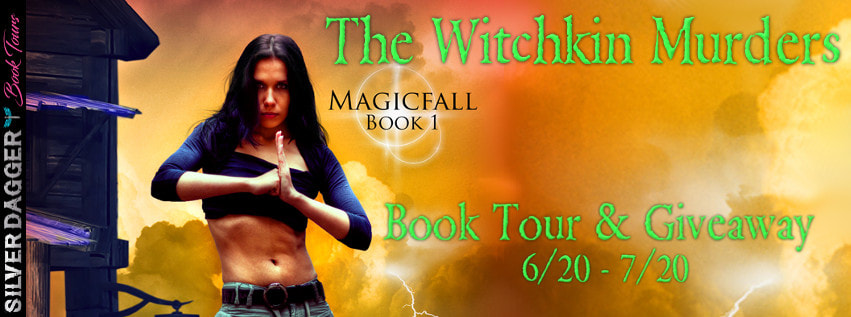

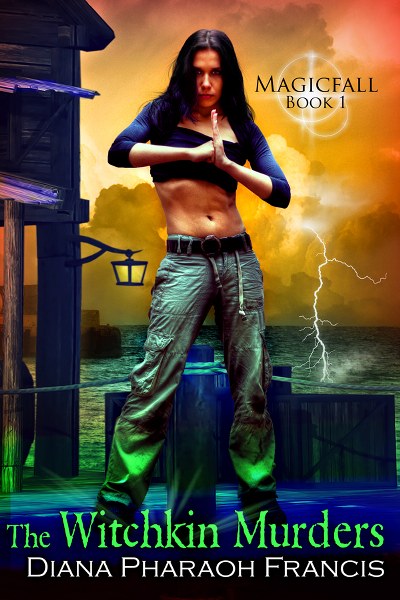


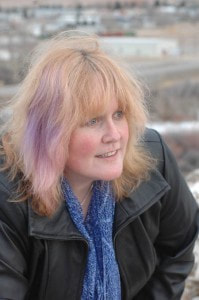
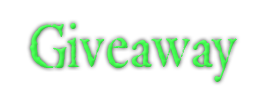
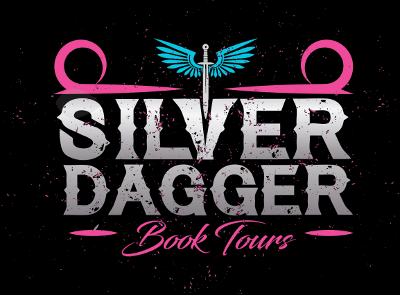


No comments:
Post a Comment